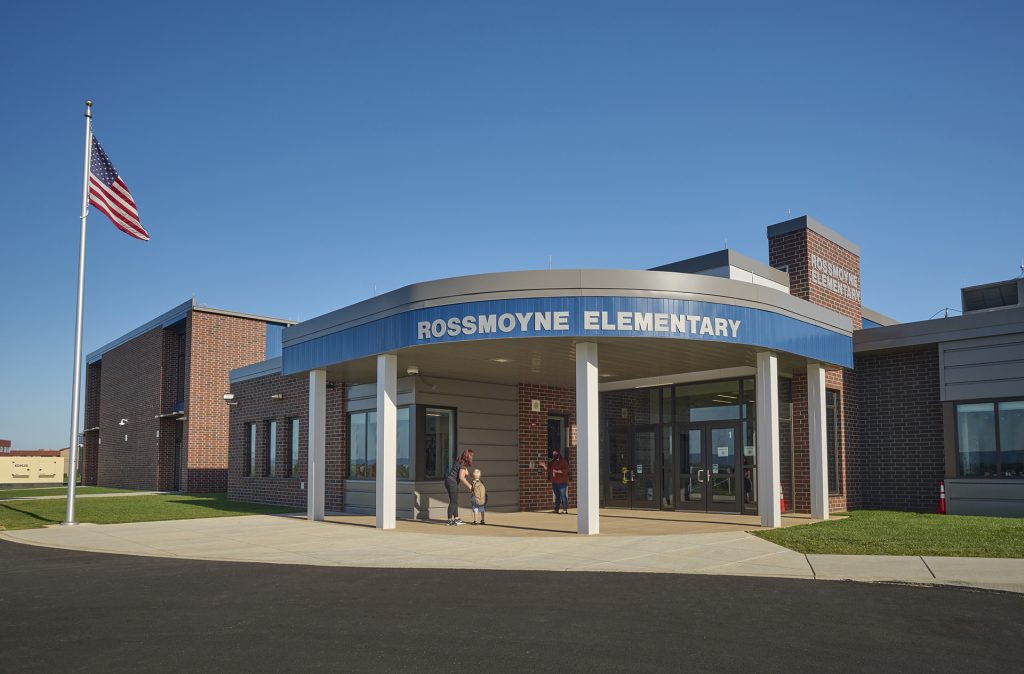The following is a summary of points is from a PASA-PSBA School Leadership Conference panel session with Superintendent Chris Bigger and a former board member of Dallastown Area School District.
Whether you’re a new or seasoned board member, these tips aim to build consensus and trust with your fellow board members before beginning a building project.
If your “WHY” isn’t compelling, it deserves more discussion. Define what the “why” of a project means to you and your administrators. If it is not a compelling or inspiring driver for your district, challenge your fellow board members and stakeholders in your project to discuss your “why” in greater detail. The public will have confidence in a project when they understand the district is committed to the “why.”
Keep the district’s needs in mind. Know what the administration needs from you to get a project moving and revisit the needs often.
Focus on the right design for present and future students. Education has changed significantly in recent years, and it will continue to change. Design your projects with the flexibility to support educational pedagogies for future ready learning. Check out our whitepaper, The Design of a Future Ready Classroom, to learn more about this topic.
Spend your time looking ahead rather than in the rearview mirror. Don’t spend time rehashing conversations or reflecting on decisions already made. Maintain momentum for the process and move confidently forward.
There are no shortcuts to funding — only hard work and analysis. Start planning and setting aside revenue 3 to 5 years prior to a feasibility study. Communicate early and often if you do a tax raise, and don’t forget to utilize your district’s education foundation to fund smaller pieces of a large project.
Costs for public school construction are not comparable to home or private education construction costs. Pennsylvania school construction mandates, such as multi-prime, low-bid environment with prevailing wages, make this process different than a home renovation. Commercial grade products have different dollar costs as well as time or schedule costs that need to be taken into consideration.
The timeline for a project takes into consideration more than just a construction schedule. Many projects start with a multi-month feasibility study process, followed by the programming, design and documentation phases of the project leading up to the construction of a project.
Conduct public sessions (community engagement) when appropriate. Engage your public more than what’s required and be proactive; it’s more about authentic engagement rather than seemingly political acts of engaging community. Act 34 is late in the process, so engage your community earlier.
Think strategically about how your budget can achieve the “why” behind your project. For a budget-based build, start with the most cost-effective way to meet the project’s “why,” then add enhancements as needed. For a needs-based project with fewer budget constraints, build your ideal version first, then explore cost-saving alternatives.
Trust the process. Projects involve many moving parts, with input from various sources and community feedback. Trusting the process set by administrators and professionals allows you to focus on key decisions and meaningful contributions.
Thank you, PSBA for sharing this article as a featured Alliance Partner LinkedIn article.
About the Author
Chris has 30 years of experience as a project architect and project manager. He serves as the day-to-day facilitator, working closely with owner representatives and consultants on complex projects. Chris is particularly skilled at coordinating multi-disciplinary teams and guiding projects through the planning and design phases into construction and occupancy. He is a member of the American Institute of Architects (AIA), the Committee for Architectural Education (AIA CAE), and the AIA PA Education subcommittee. Chris is also a past board member for the Lancaster County Code Association (LanCode). Chris loves the outdoors and in his spare time can often be...
Learn More About Christopher



